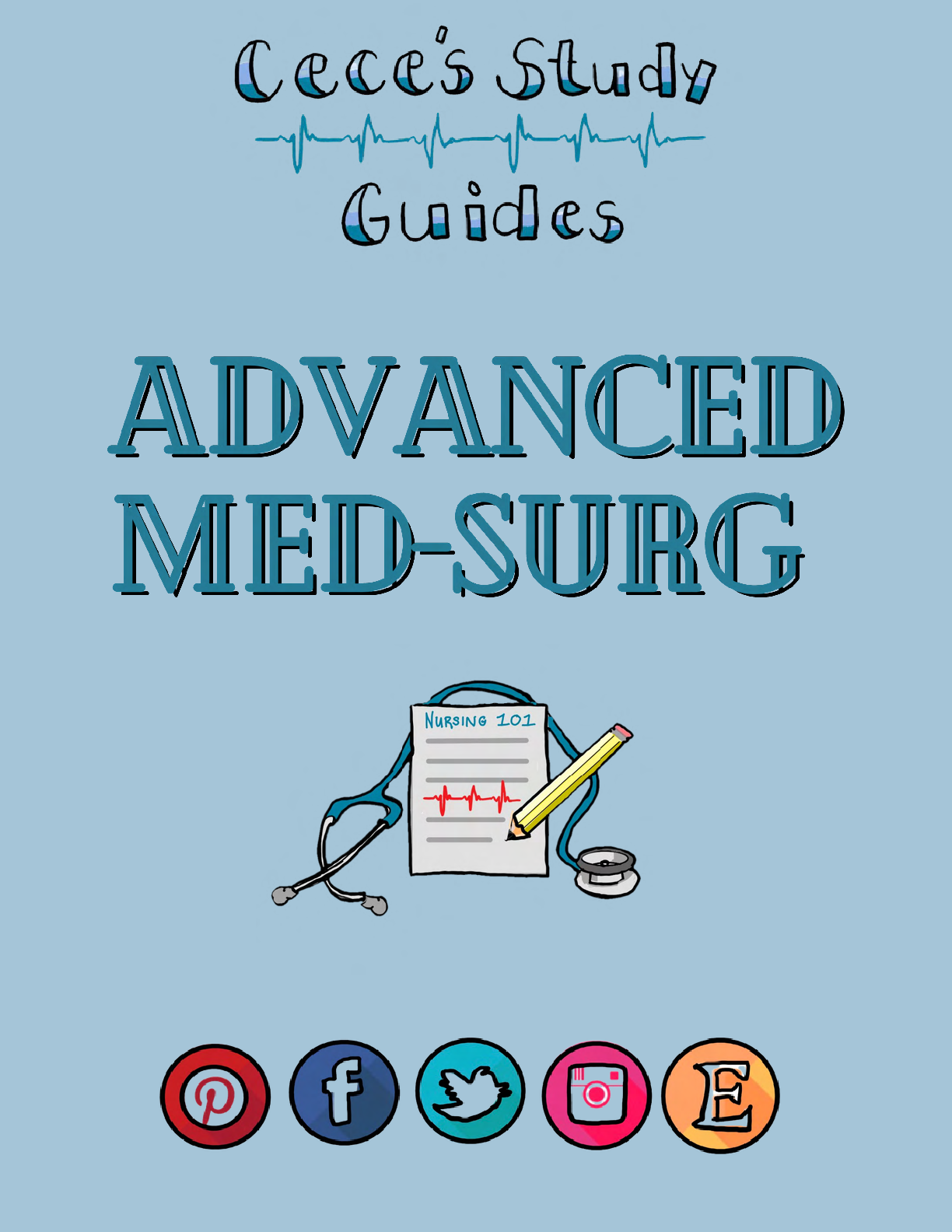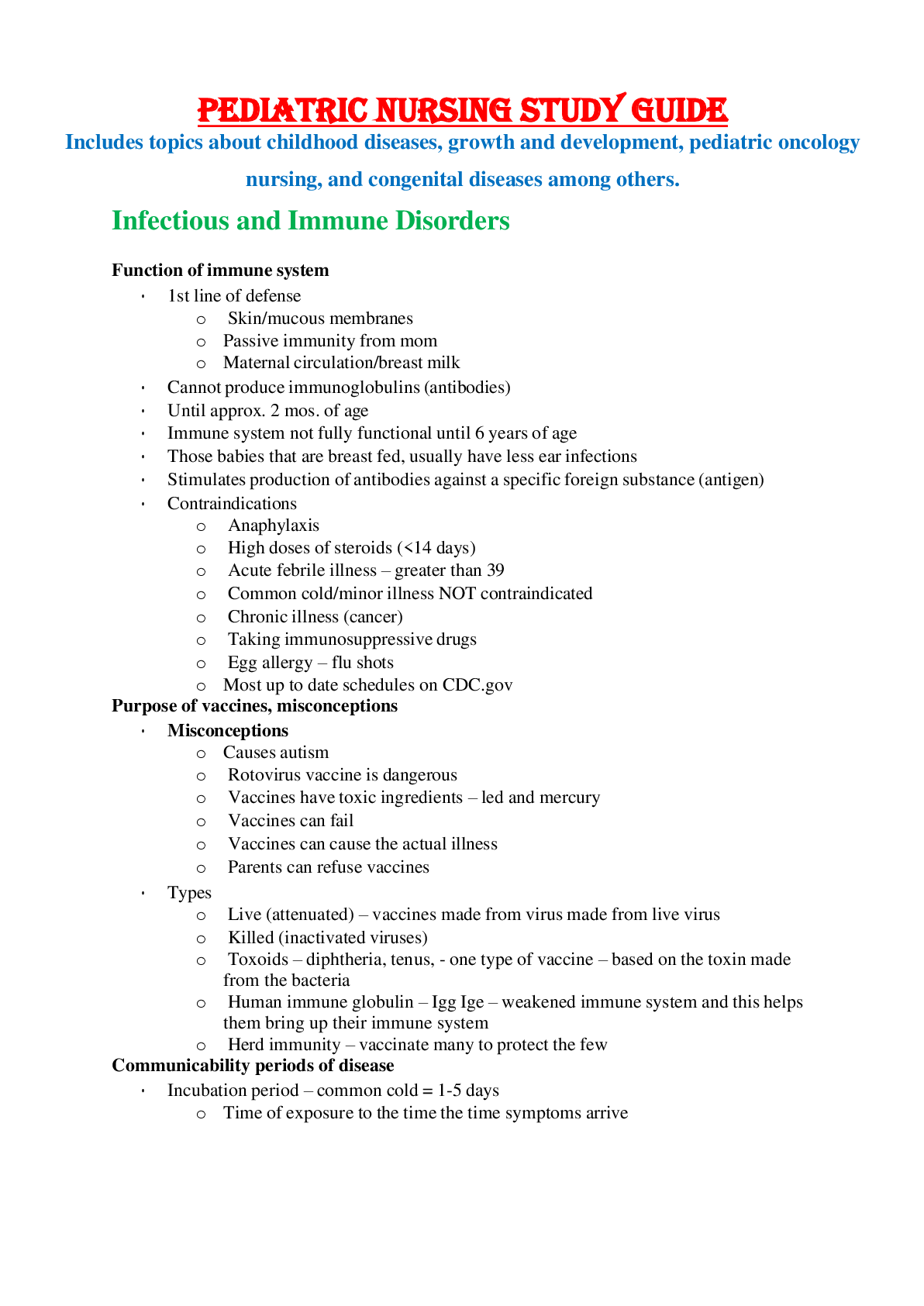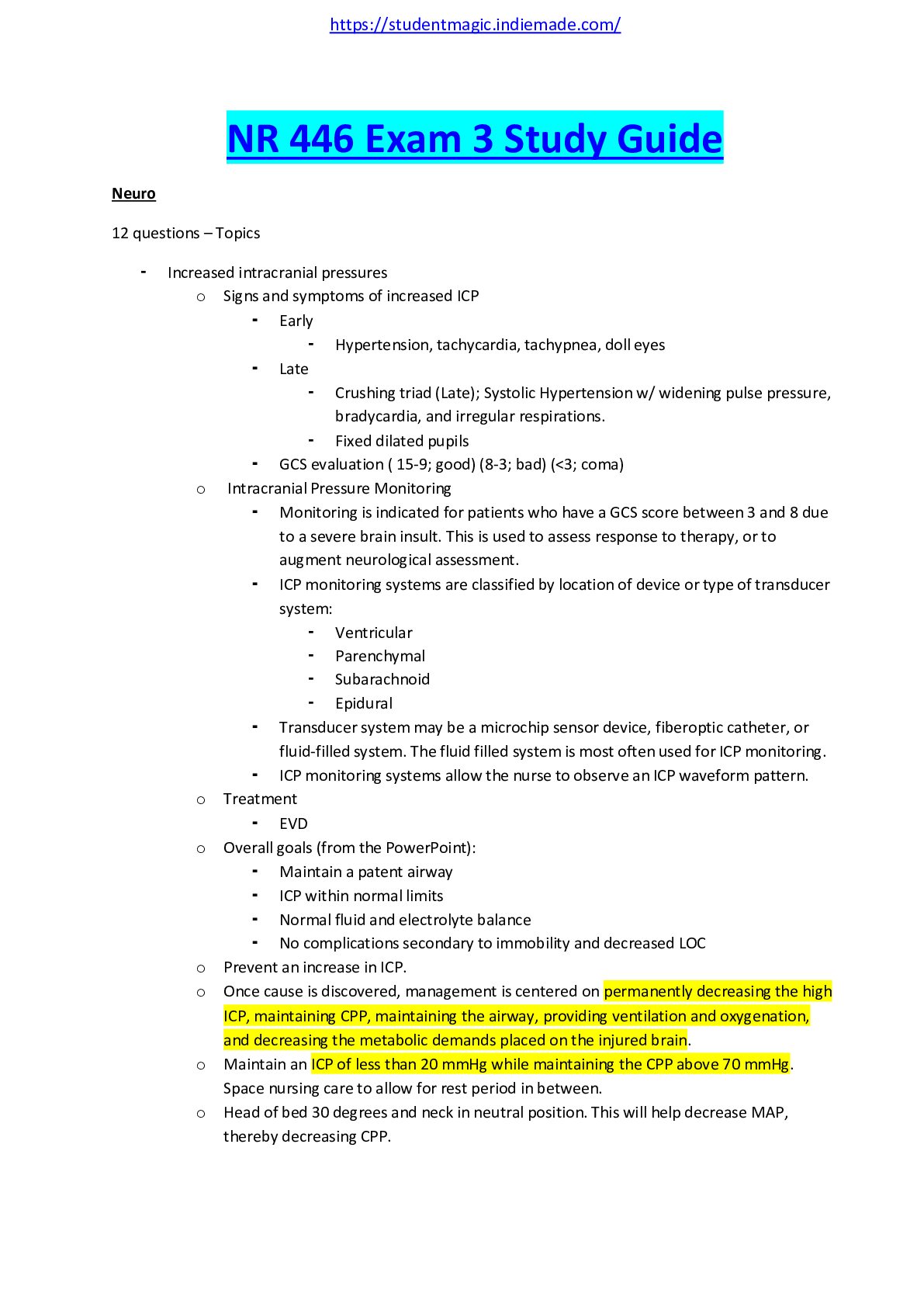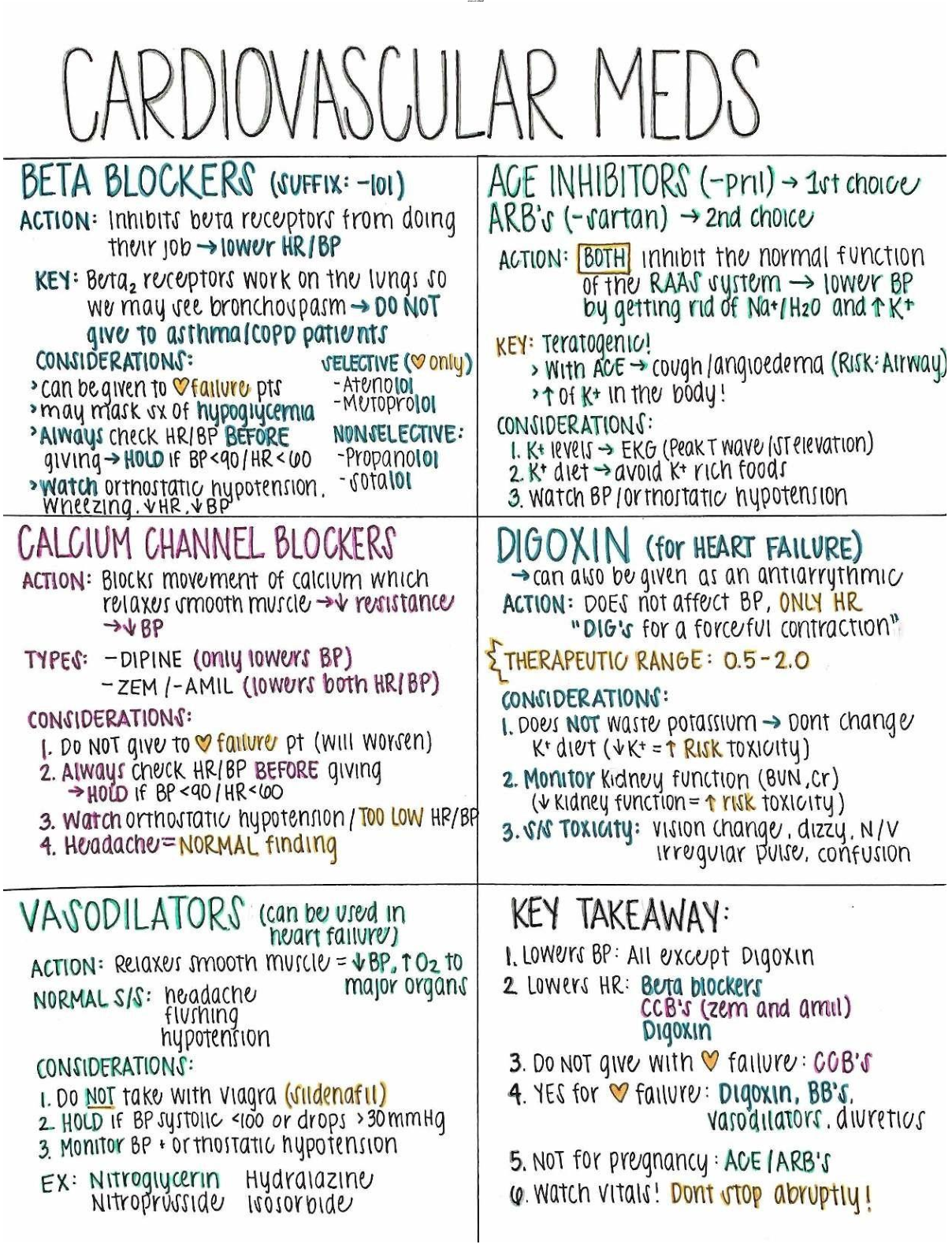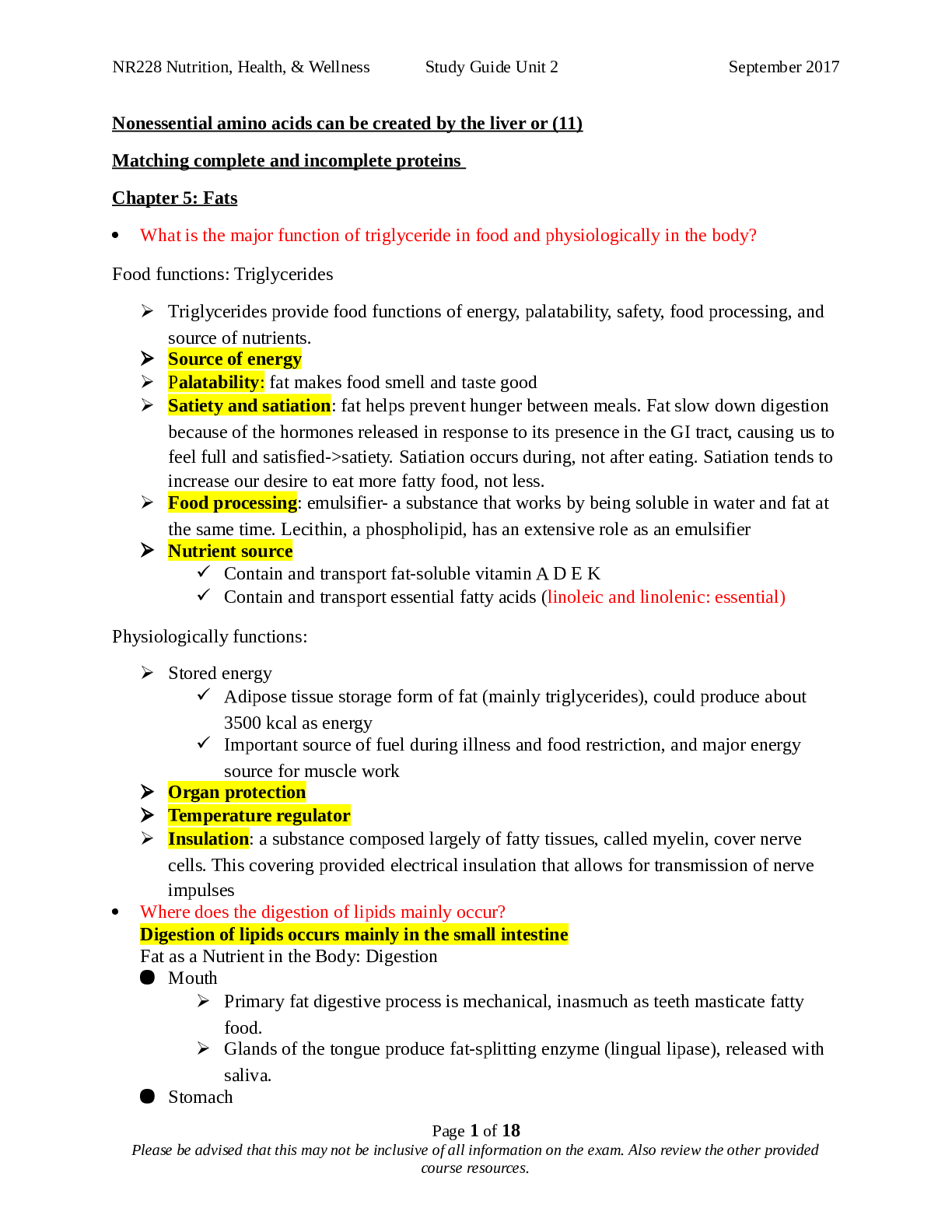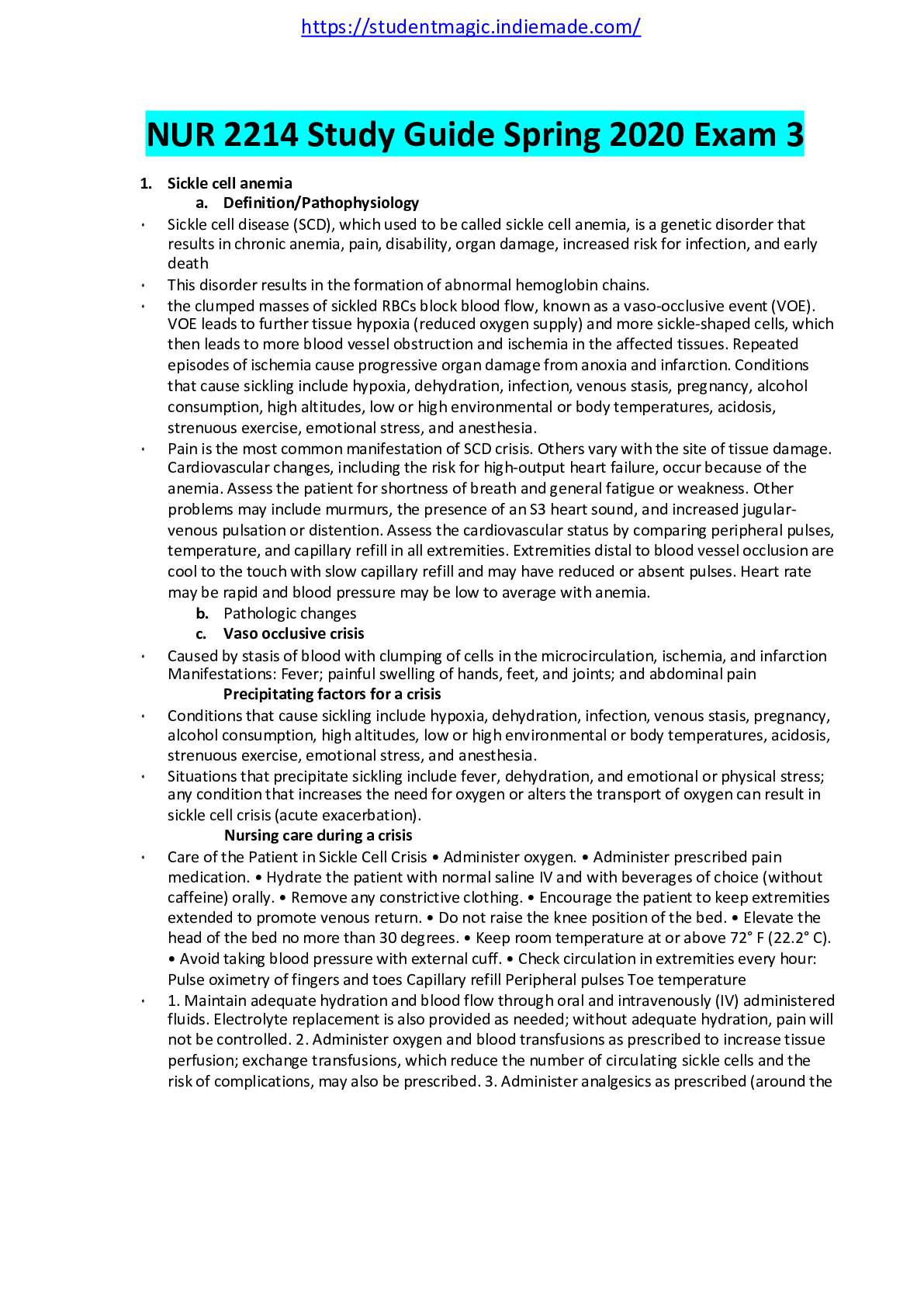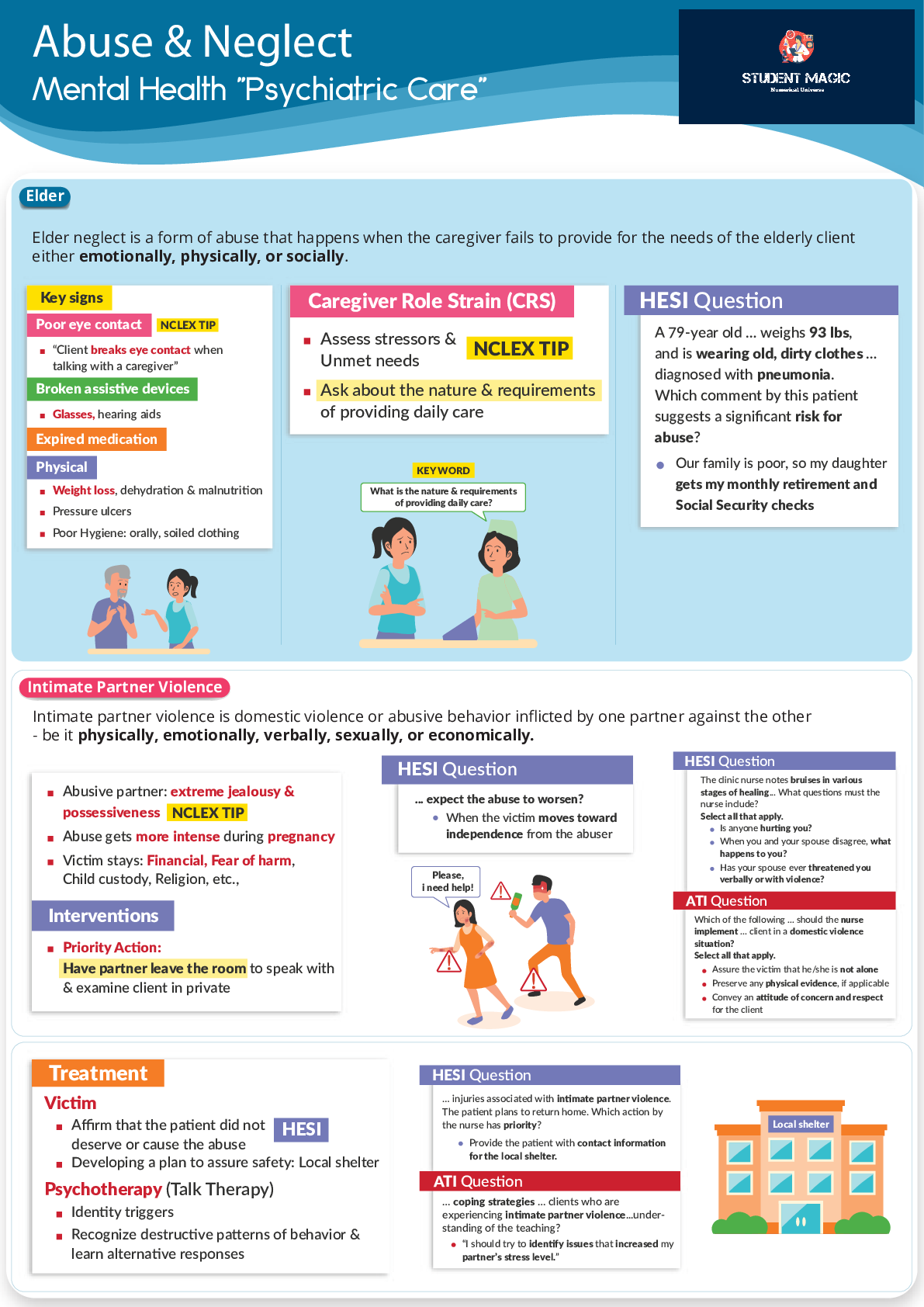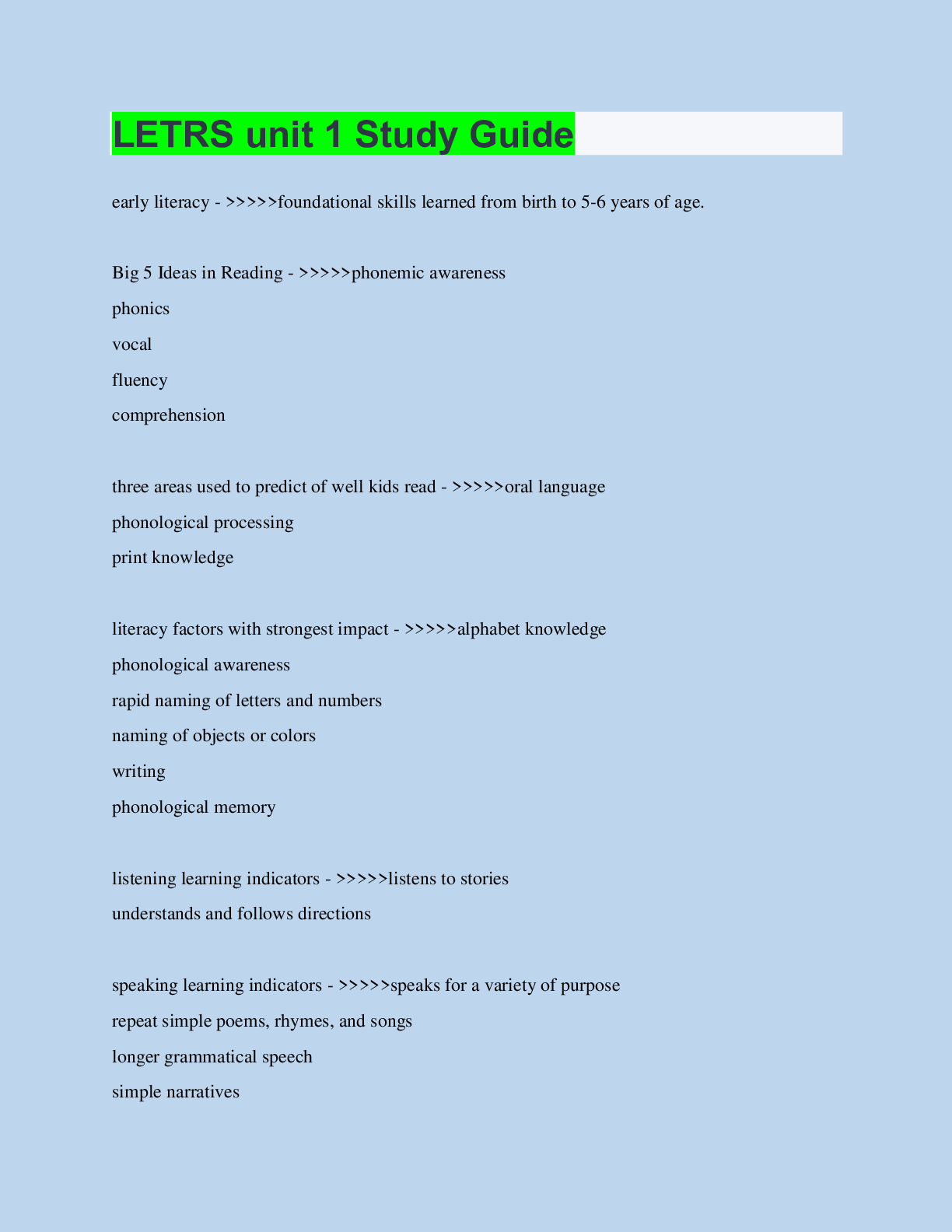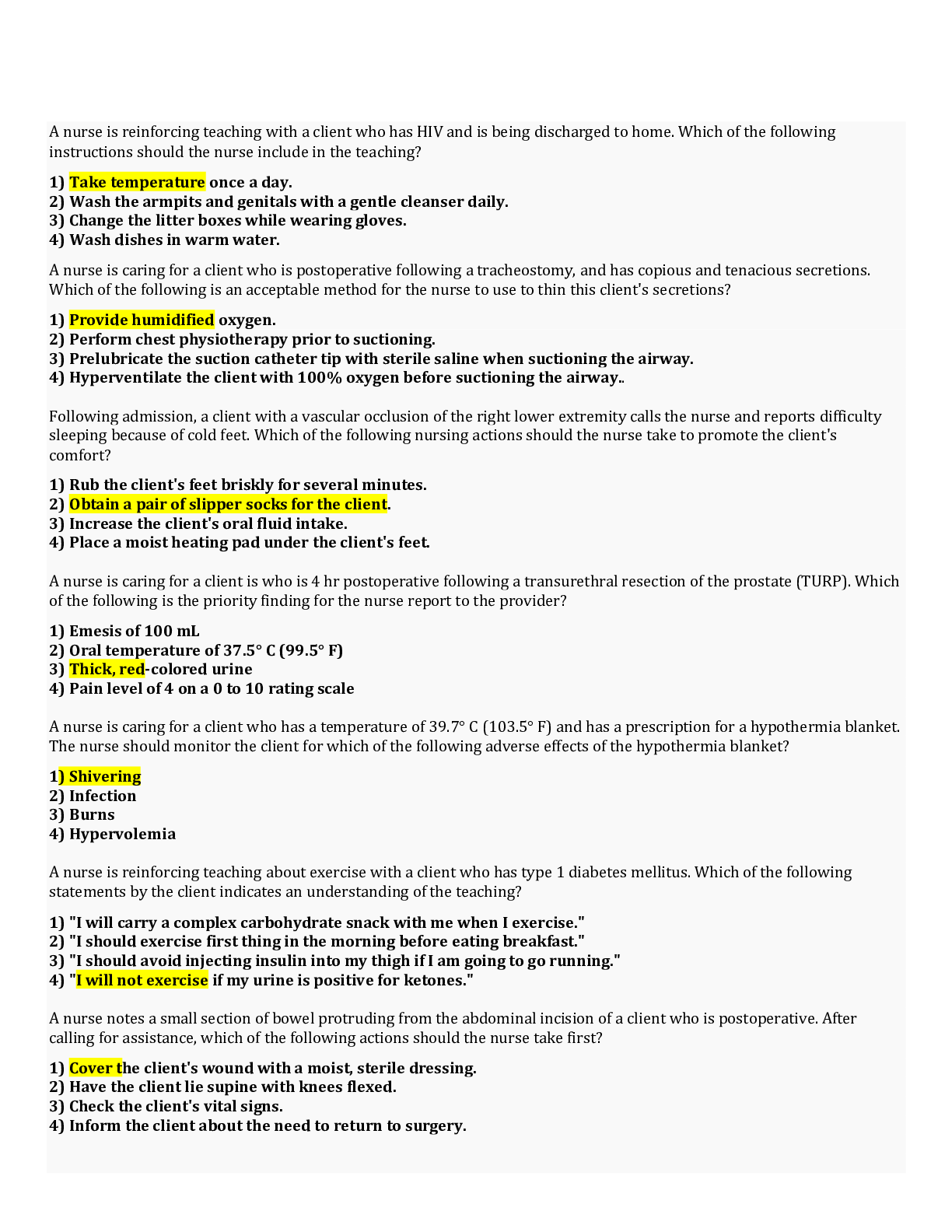History > STUDY GUIDE > HIS 315K_Unit 1_Colonial Times. Study Guide (All)
HIS 315K_Unit 1_Colonial Times. Study Guide
Document Content and Description Below
HIS 315K UNIT 1 STUDY GUIDE Colonial Times HOW TO USE THE STUDY GUIDE This study guide is designed to help guide your learning for this unit. Use this structure to generate and organize terms, ideas, ... questions, and your own key insights from each lesson. As you read, discover, and learn from your course materials, you should continue to add information and evidence from each lesson, and to record your responses to each unit question. By the end of the unit, the work you do in this guide will become a thorough review sheet that you can use to develop strong and well-supported exam essays. PART 1: ESSENTIAL QUESTIONS Before you start your reading for this unit, take a look at the following questions. These questions are important, because they are the broad questions that summarize each day’s lesson. As you read, try to identify information and evidence that can help you answer each question. When you find key passages, note the page numbers and sources, so that you can access this information easily later for studying and assessments. | Questions | Citation | Directions: Preview these questions before reading. | Directions: Note page numbers and sources from your readings or the Crash Course videos. | Which are the most dominant colonies—and why? How do the colonies compare to one another? | | How was slavery in colonial America connected to culture, economy, and social class/race? | | How did the creation of representative democracy in colonial America contribute to the institutionalization of slavery? | | Religion played a central role in the settlers of New England, specifically the Puritans. How did the belief in covenant help the Puritans to face the adversity of establishing a colony? | | Exploring the past requires investigations into multiple perspectives and connecting causes to effects. Why were twenty people executed in Salem during this time period and what does this reveal about our society? | | We often think of a representative government, well, representing everyone. What groups had representation in colonial America? What conflicts were created and how did different groups react to social and economic interactions? | | What are the elements of culture and how can historians use culture to analyze the past? | | Religion is a central component of the culture of the United States throughout history. Protestantism was not a monolithic structure in colonial America. How did “new” religions challenge the “old” practices and form new cultural shifts in colonial America? | | Oftentimes history is distilled to big events that receive most of the attention. How is history more of a collection of complex interactions? How did the colonies interact to form collectives that competed and supported each other? How do external situations like the Seven Years’ War influence these interactions and lead to further conflicts? [Show More]
Last updated: 1 year ago
Preview 1 out of 12 pages

Reviews( 0 )
Document information
Connected school, study & course
About the document
Uploaded On
Aug 08, 2021
Number of pages
12
Written in
Additional information
This document has been written for:
Uploaded
Aug 08, 2021
Downloads
0
Views
43


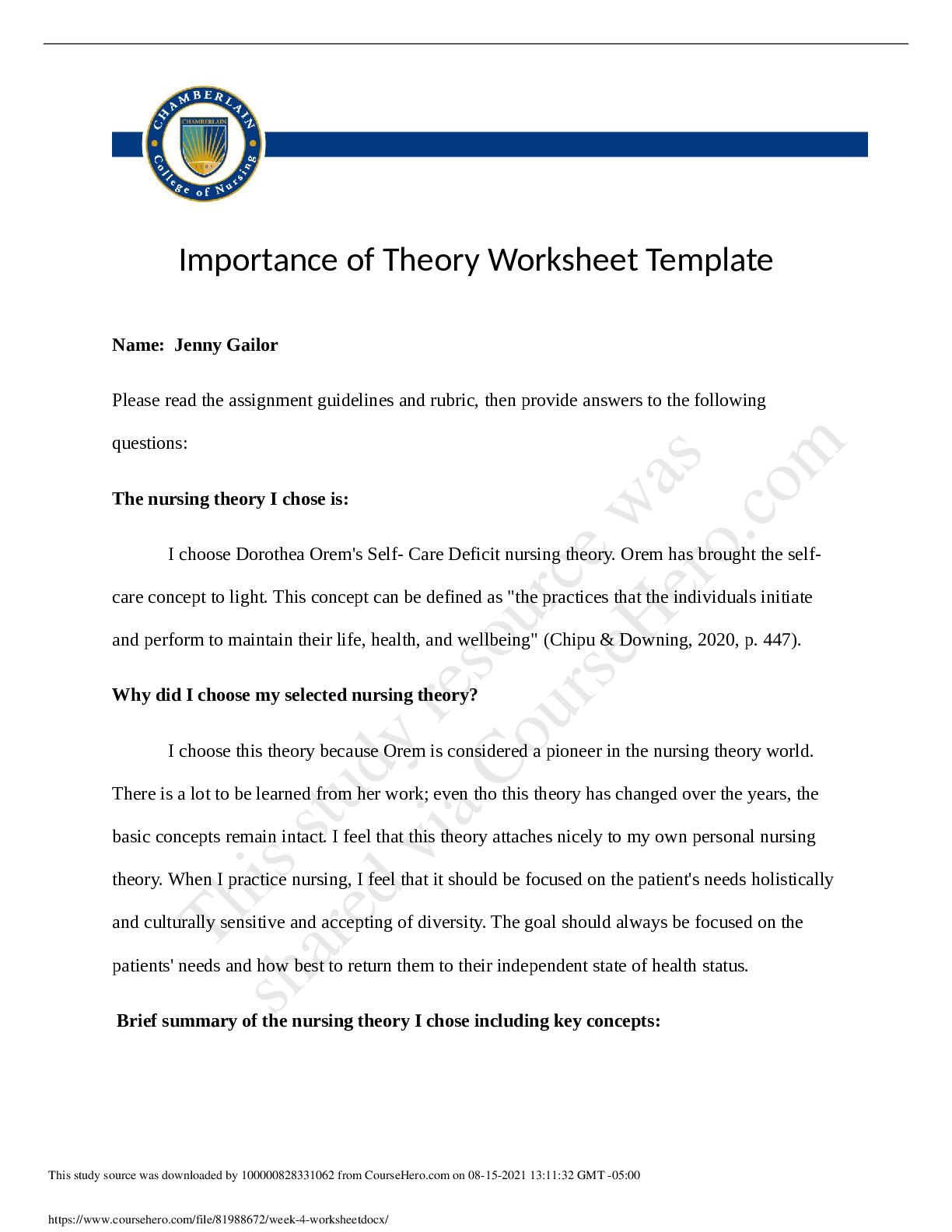
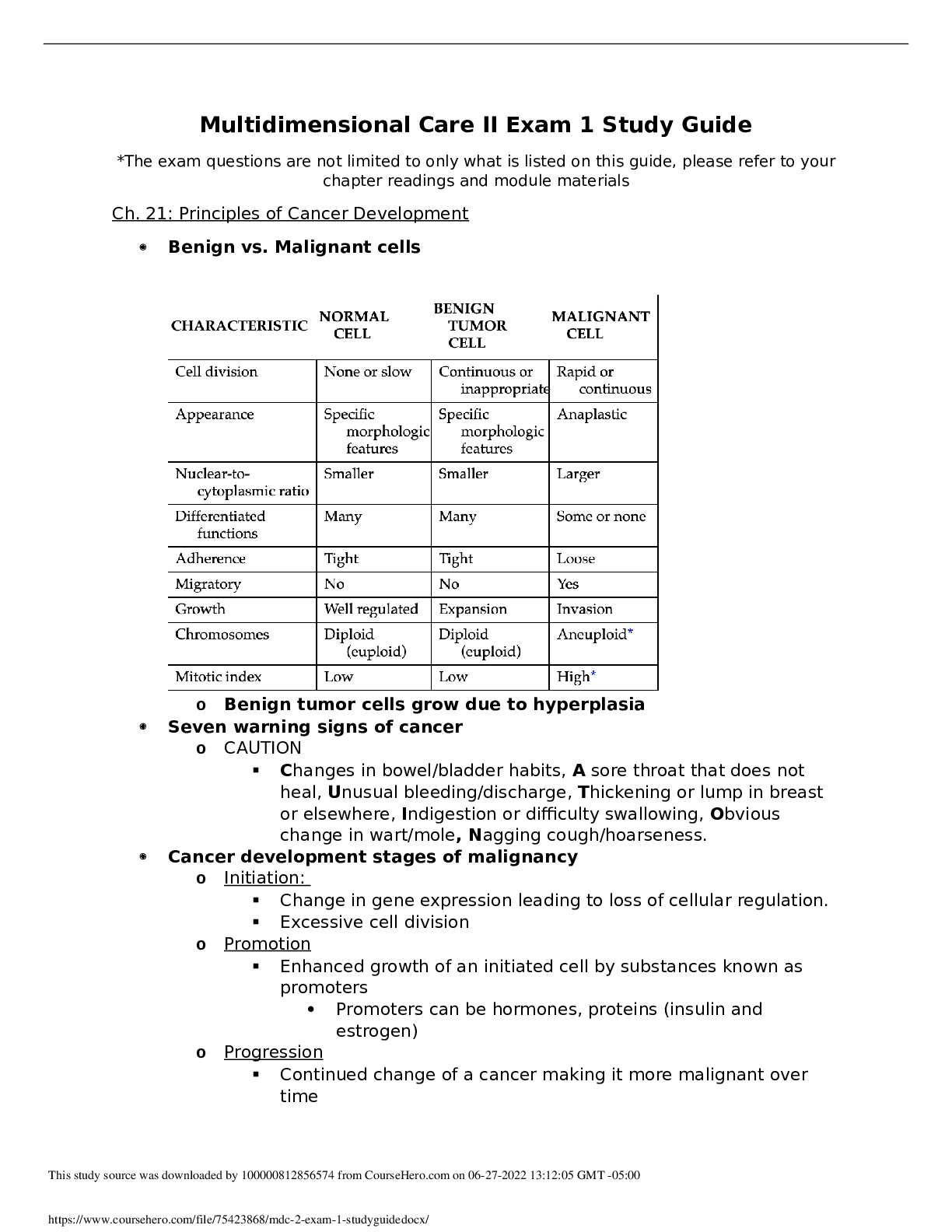
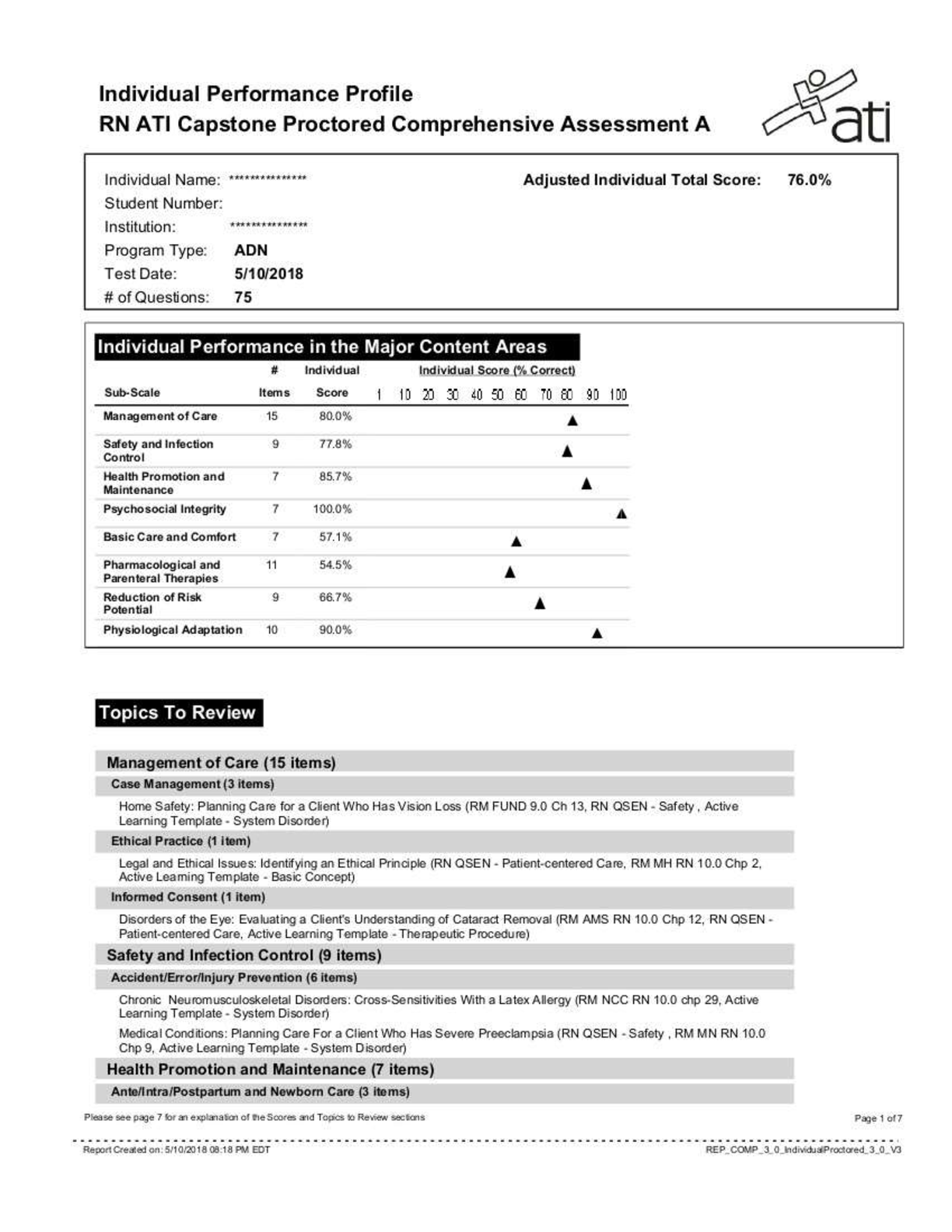
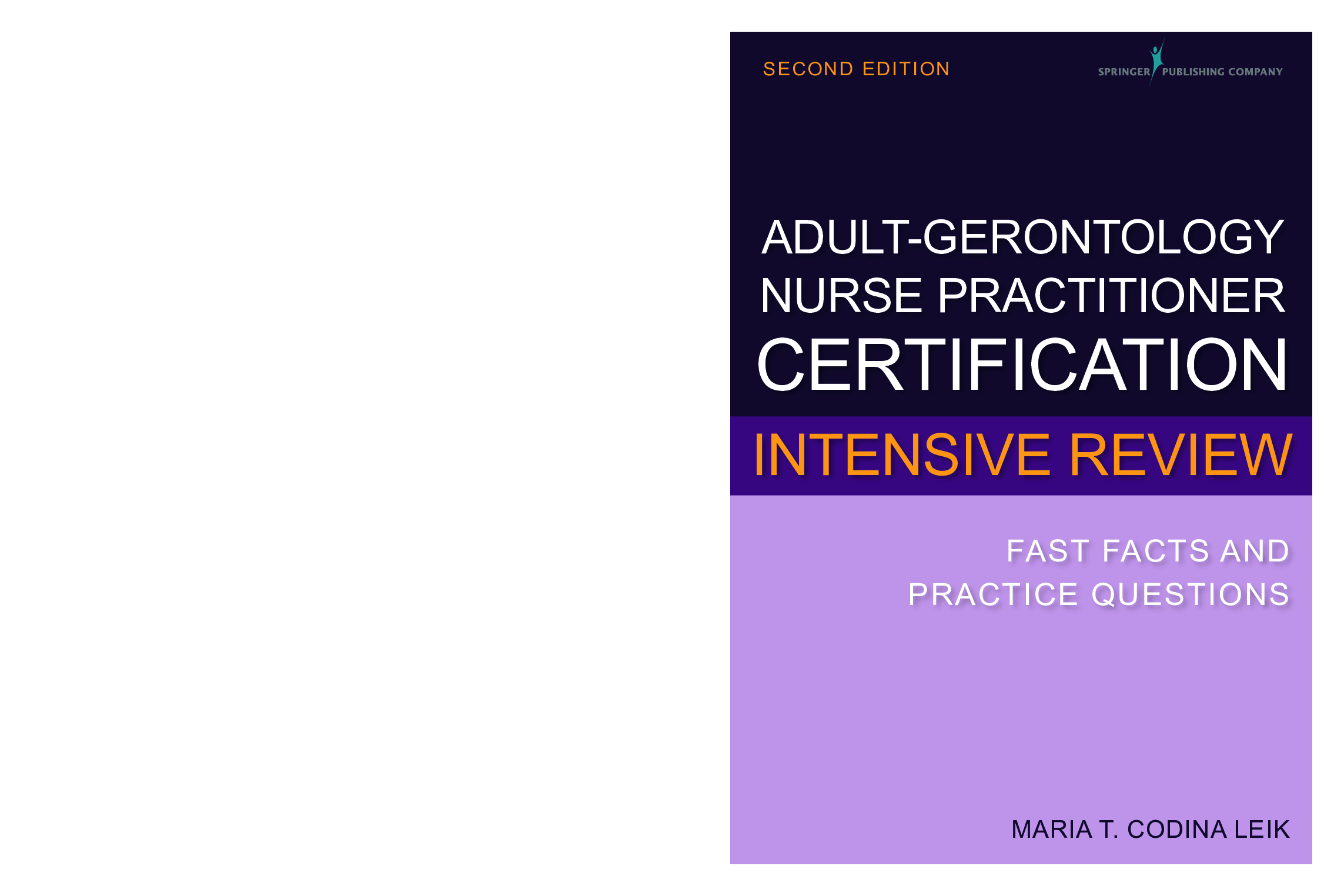
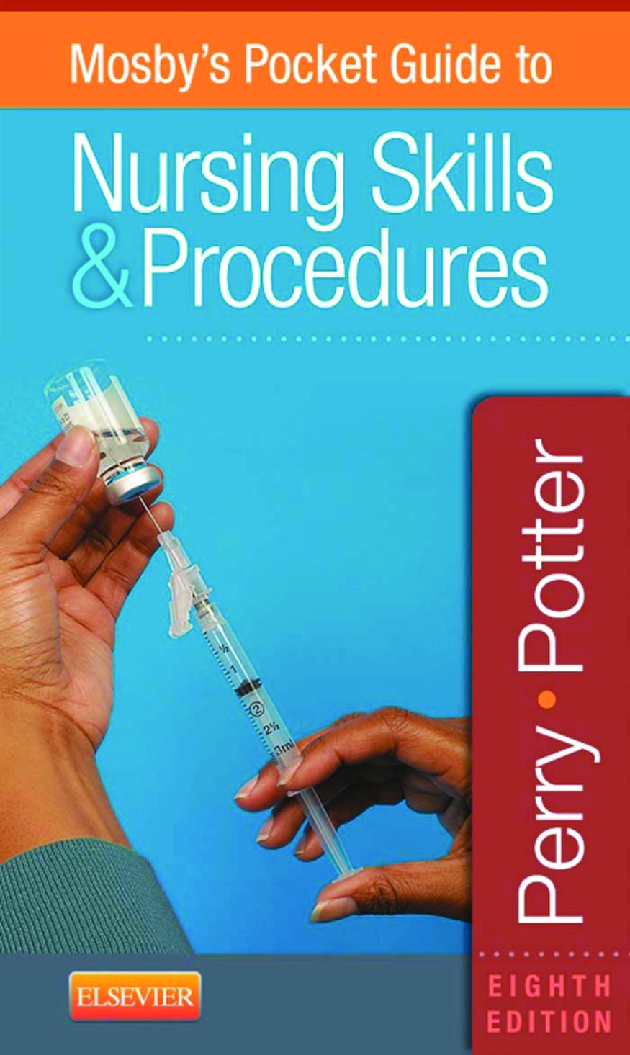

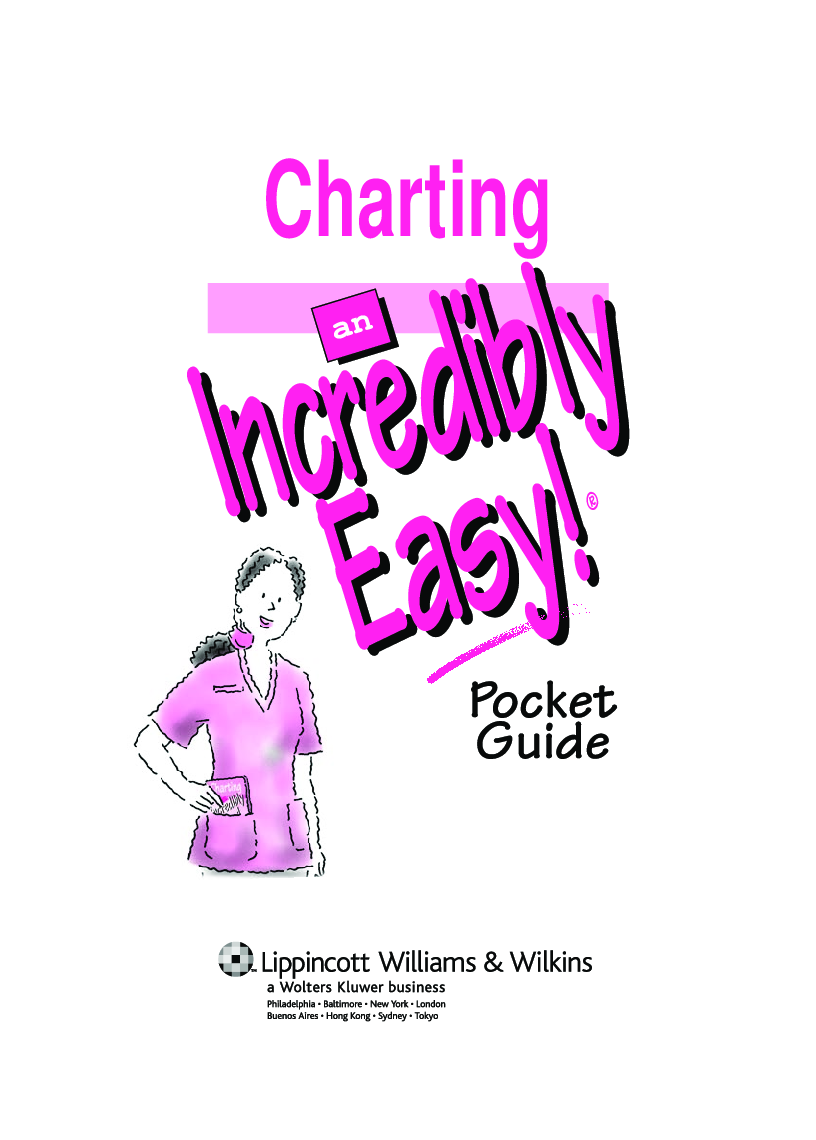
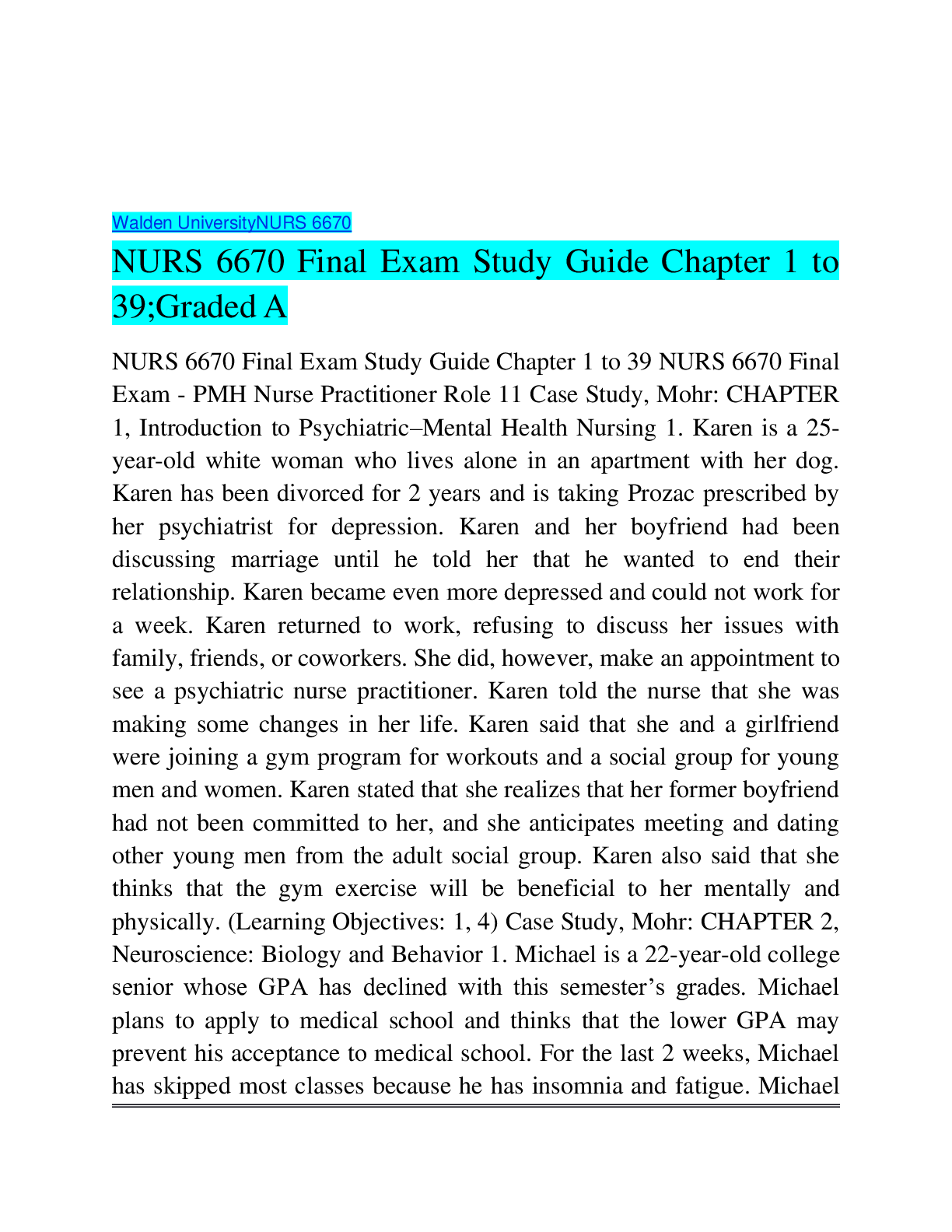
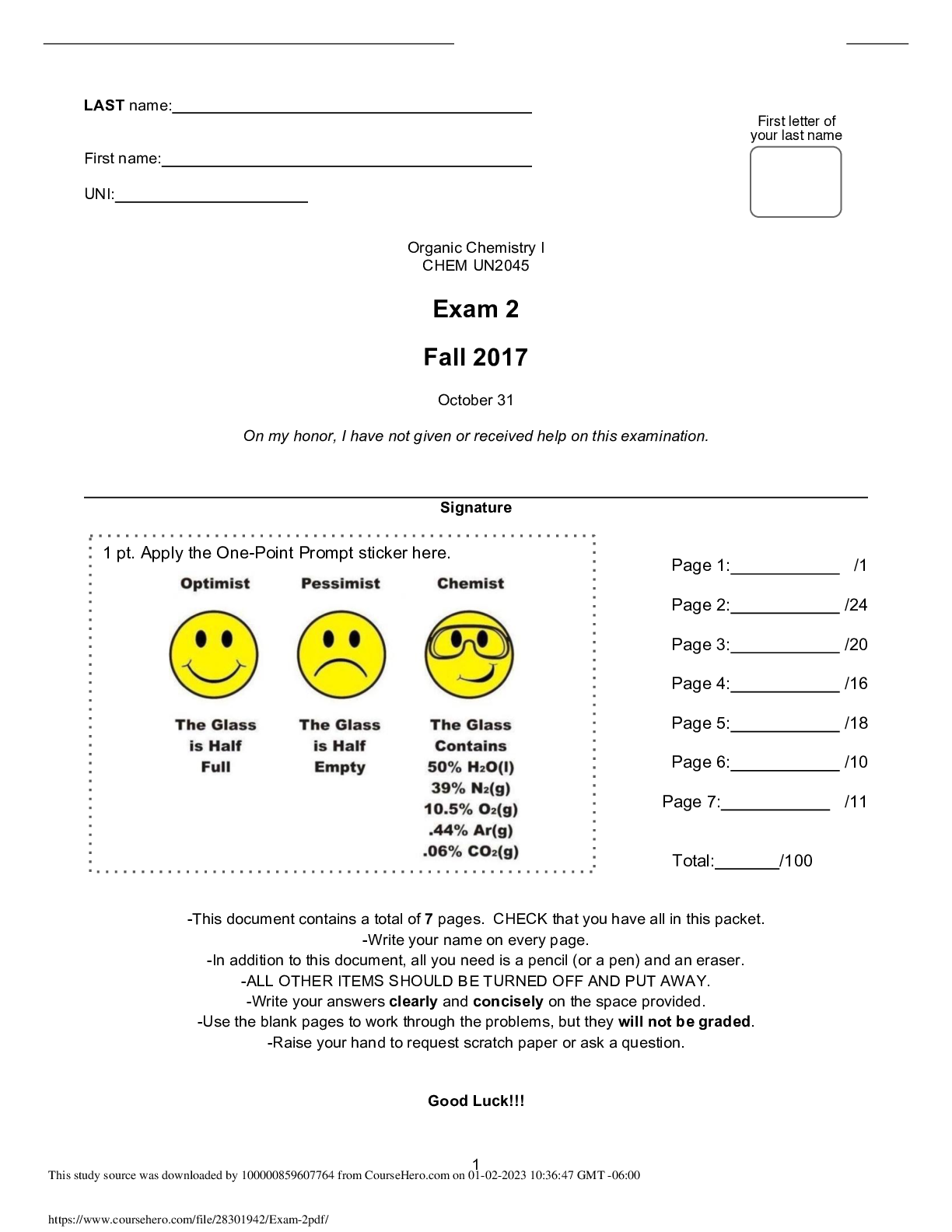

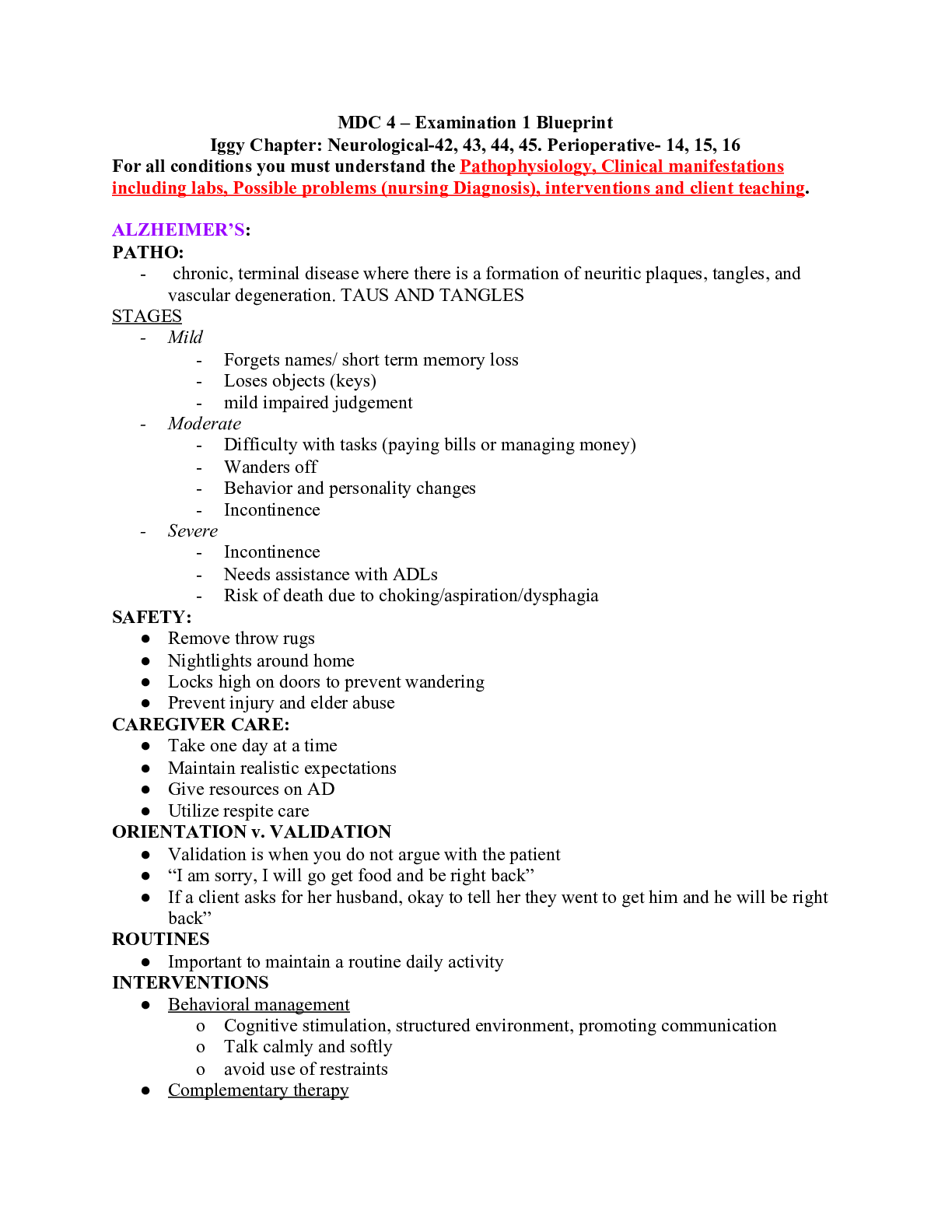
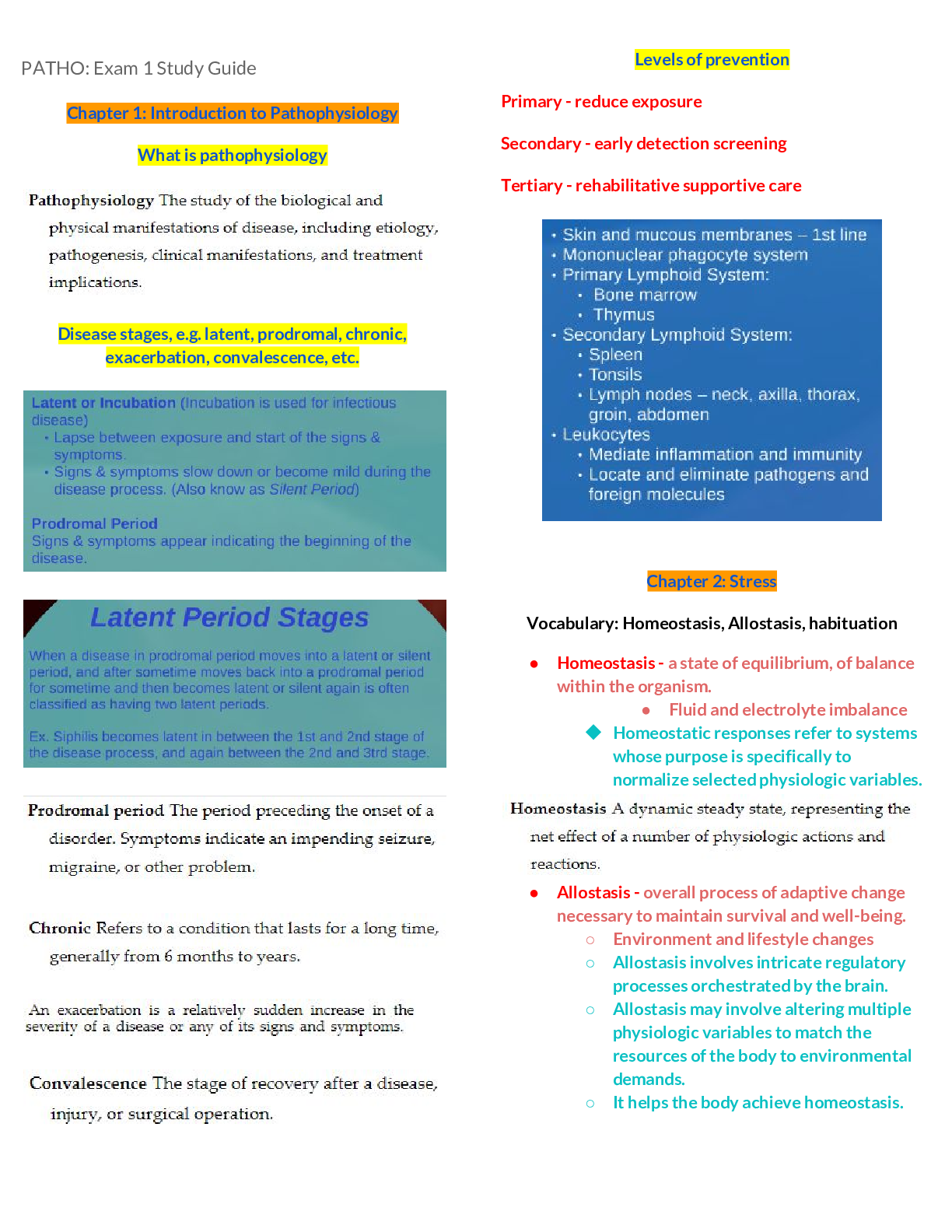
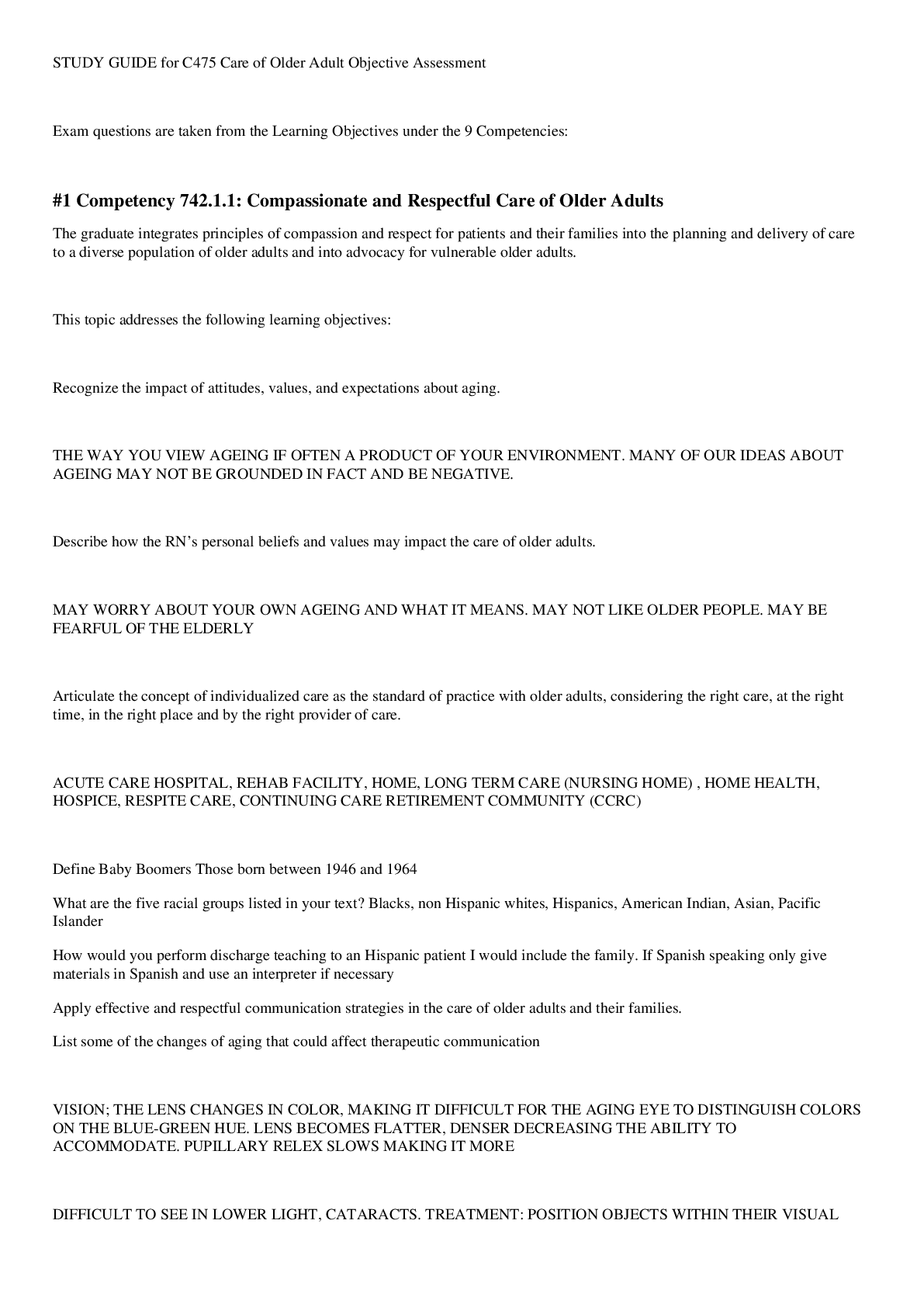
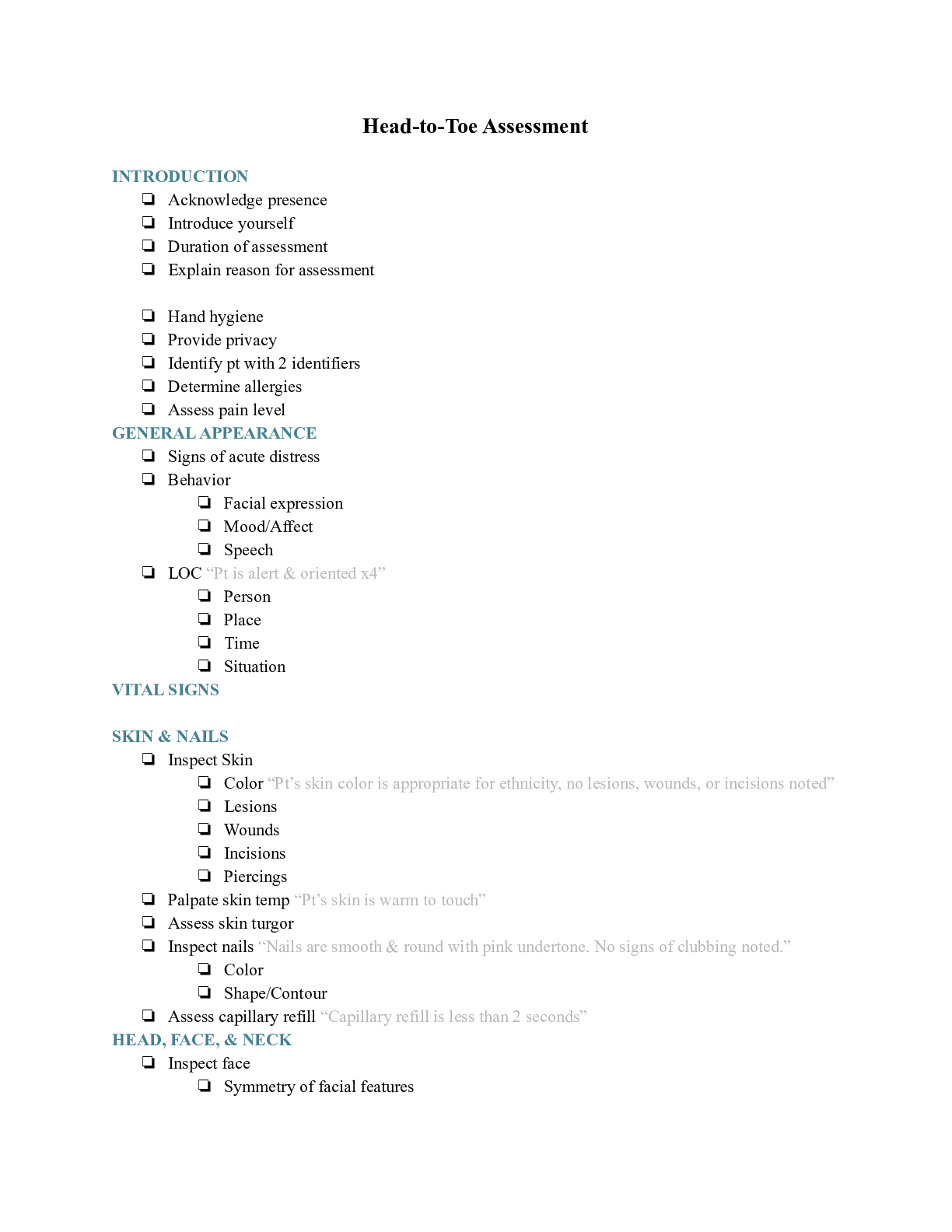

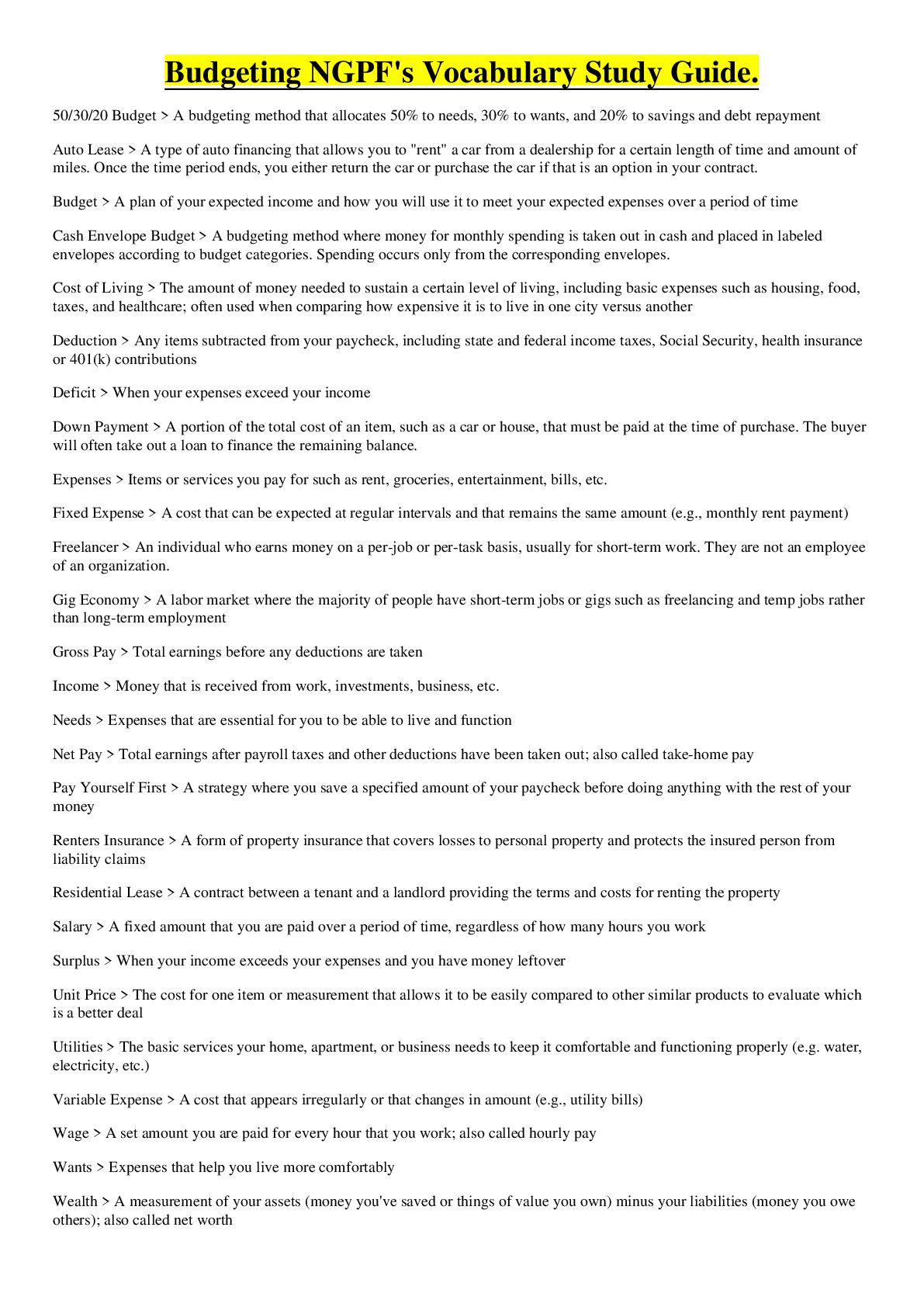
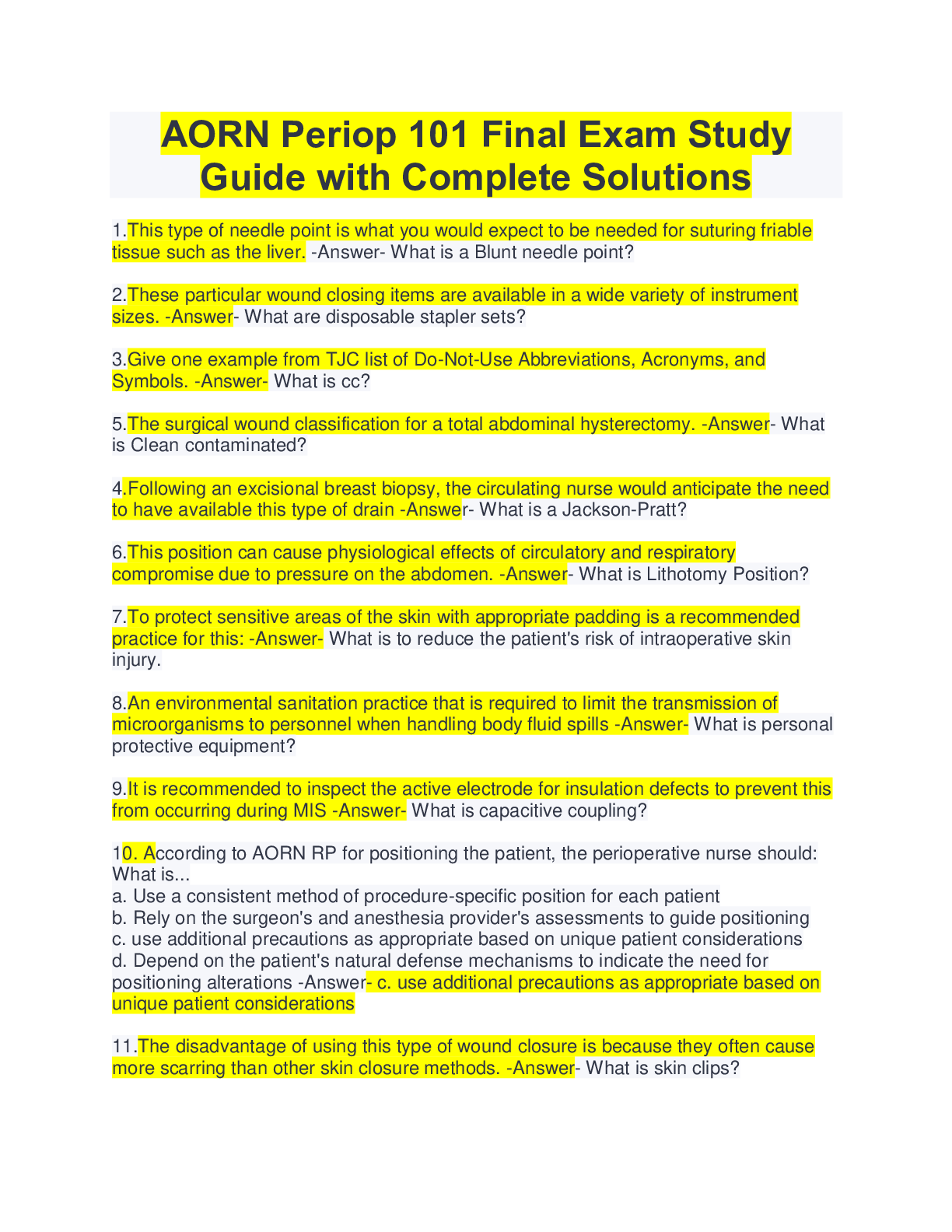
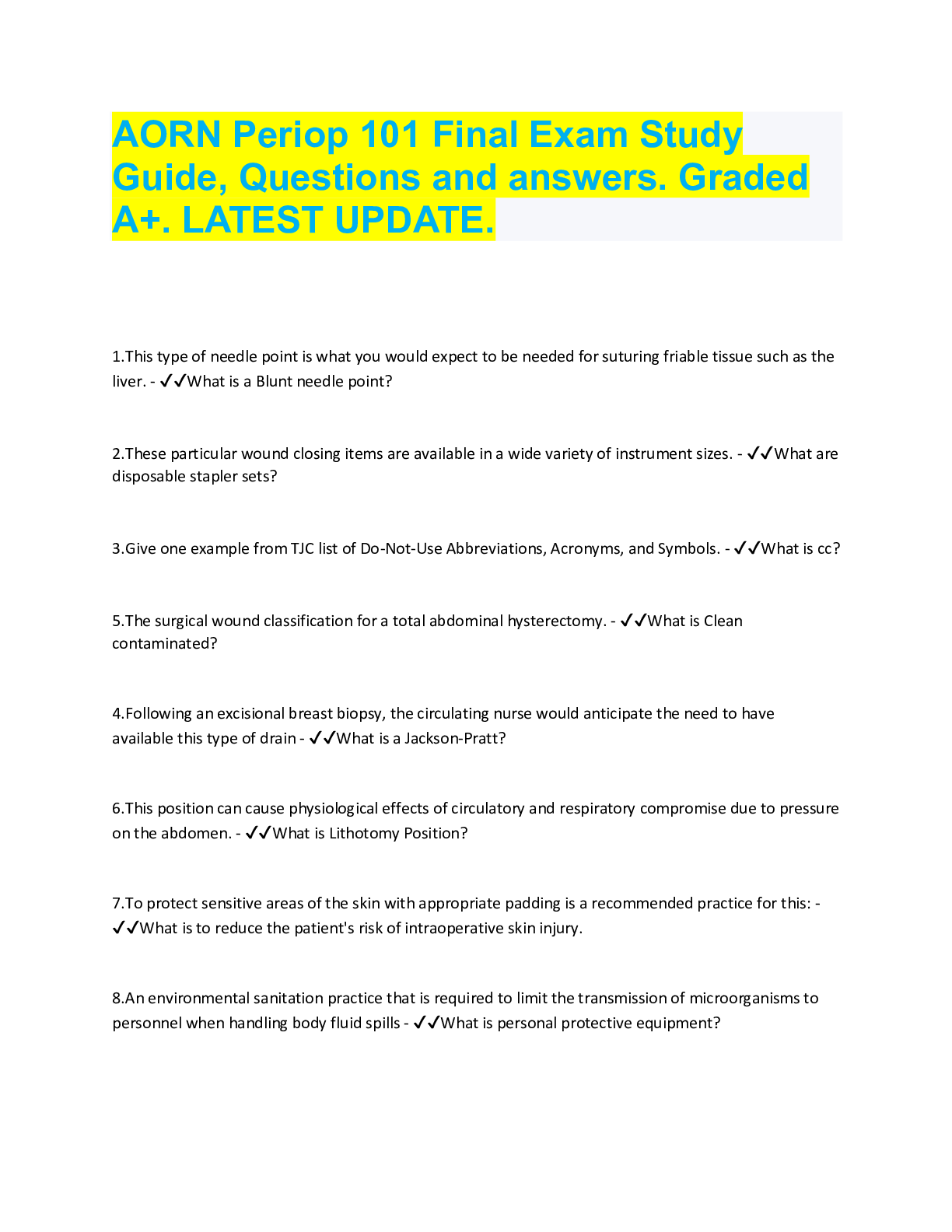
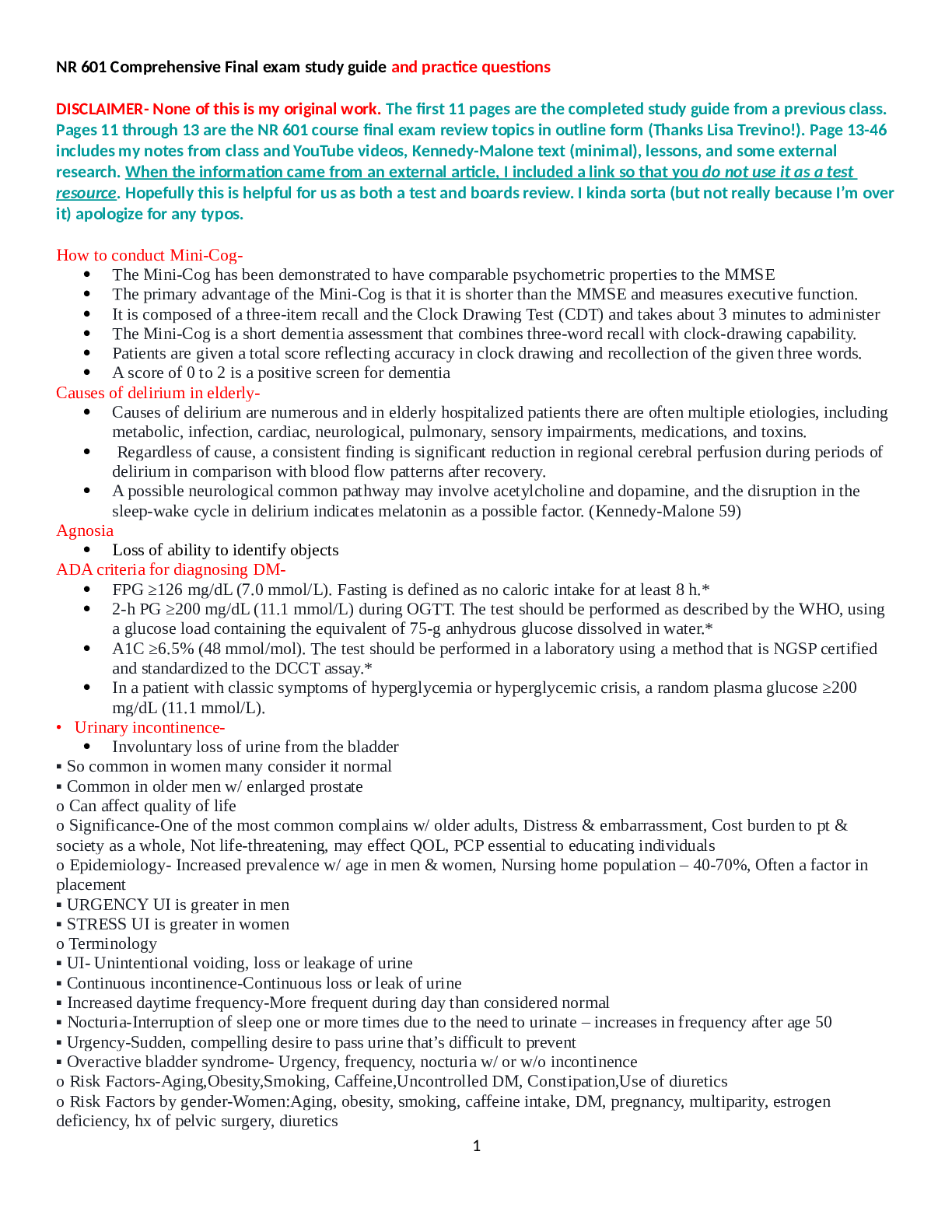
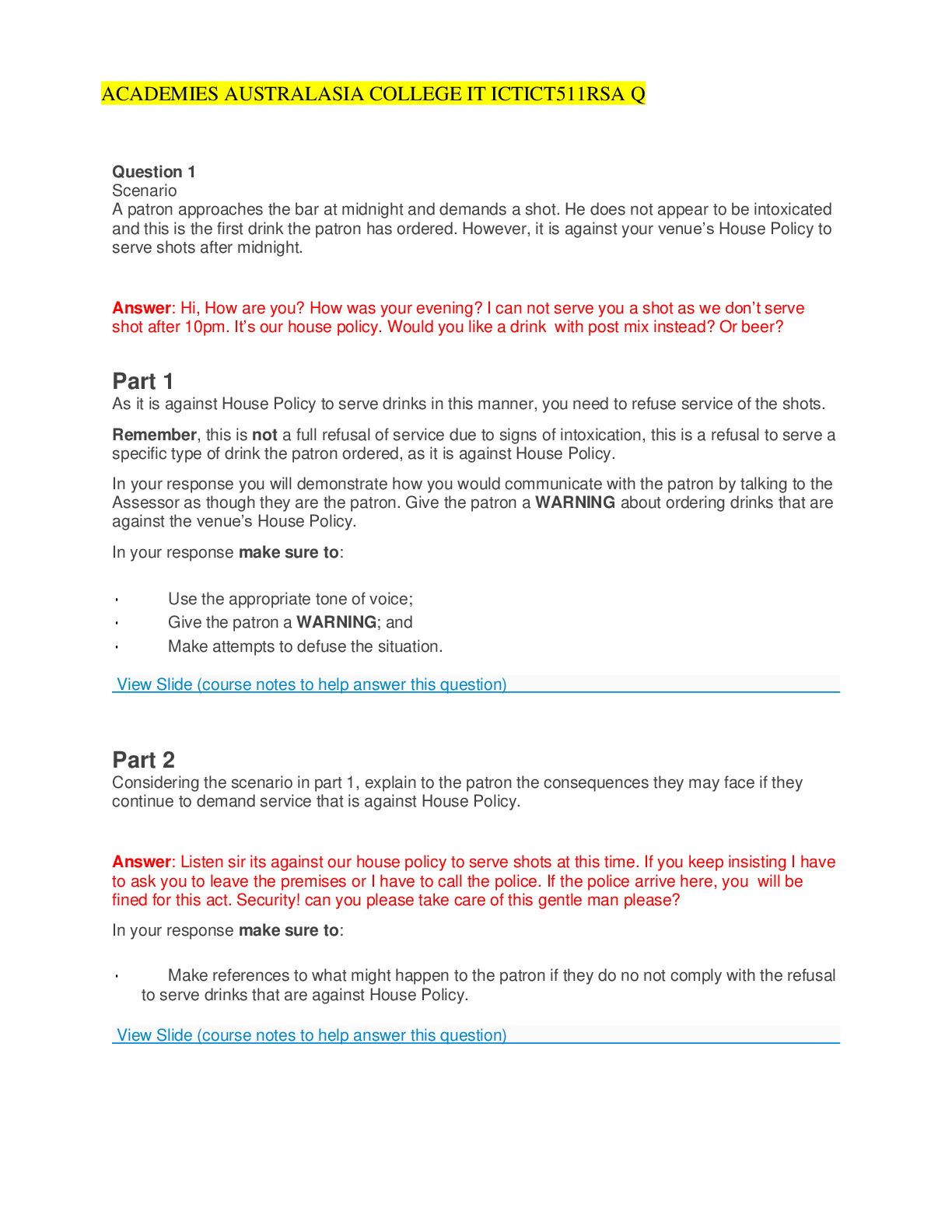
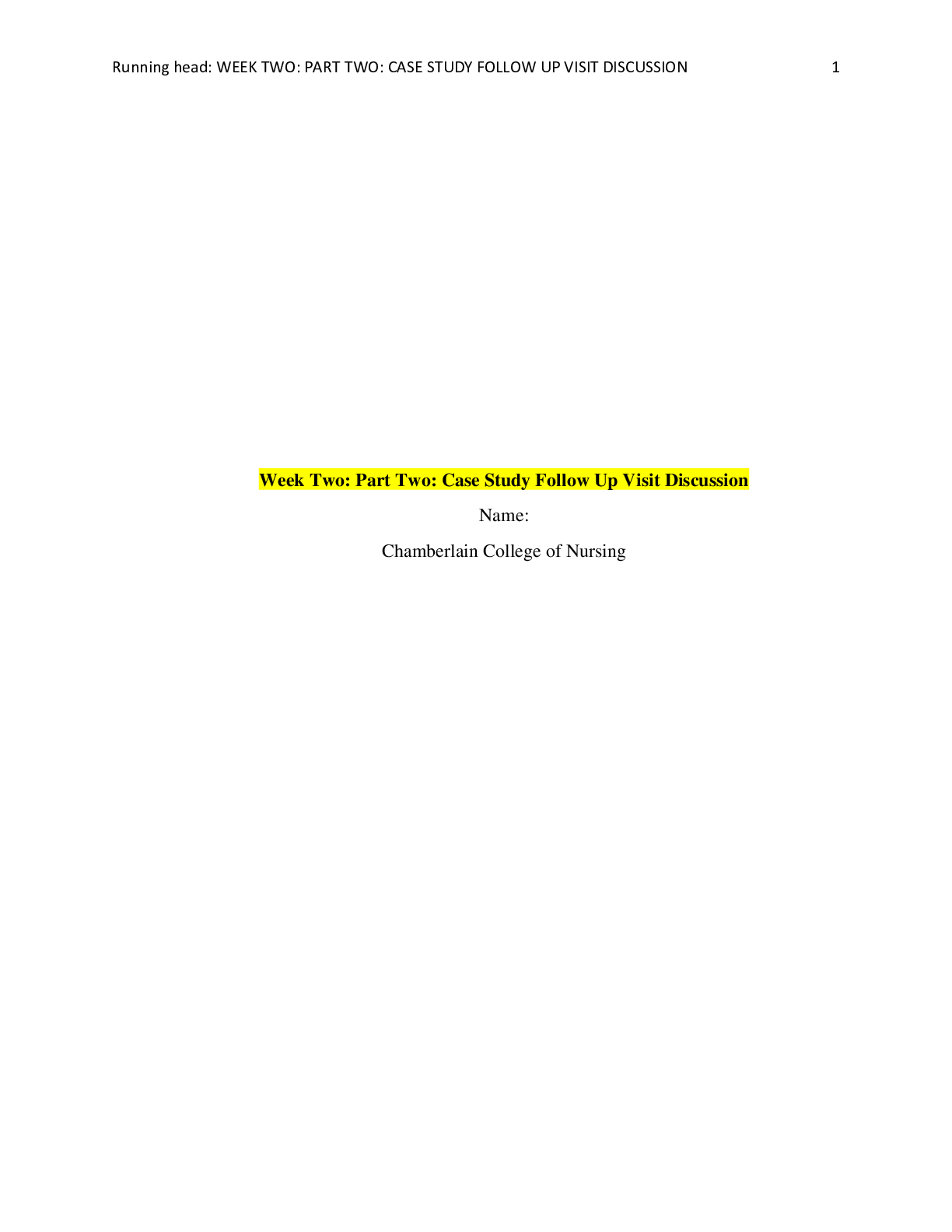
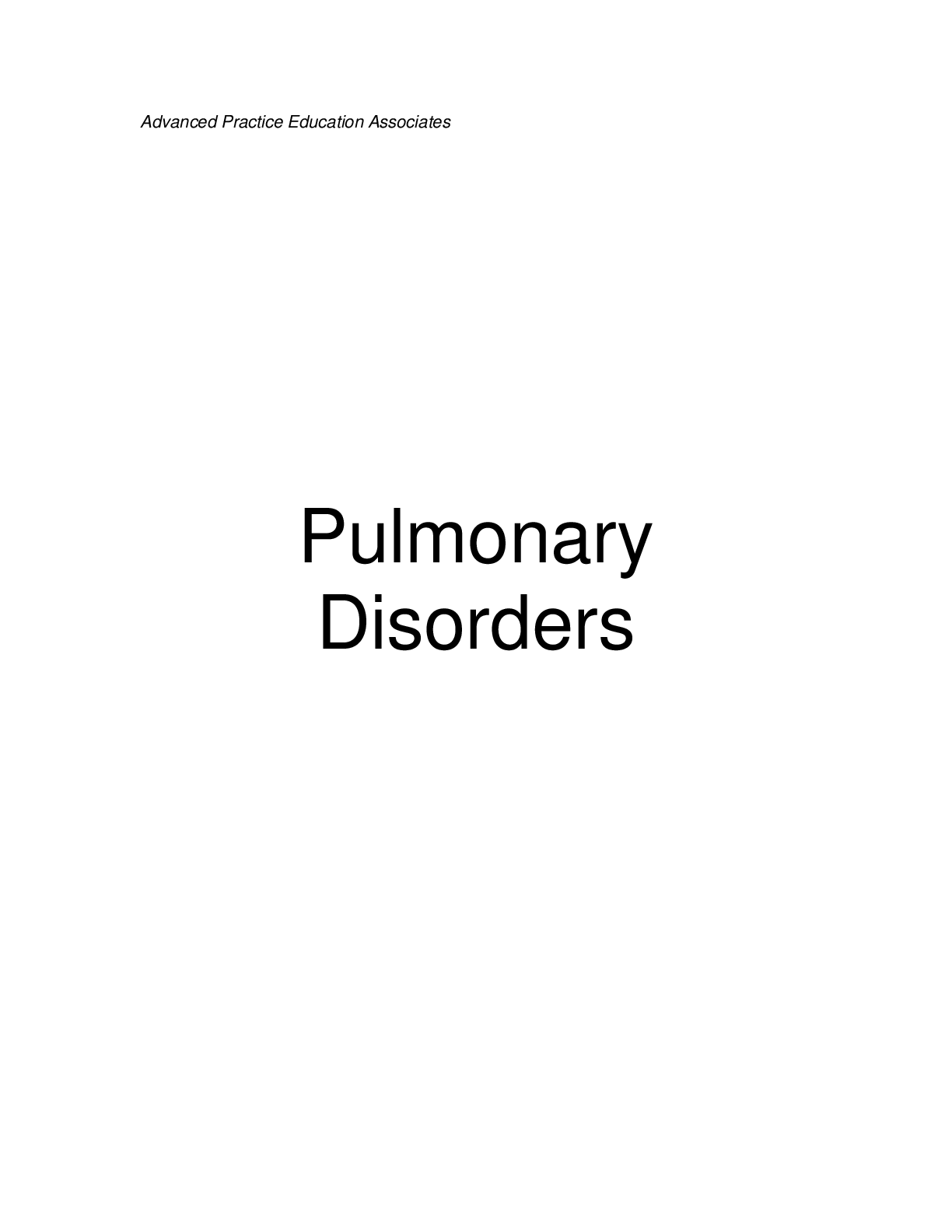
.png)

